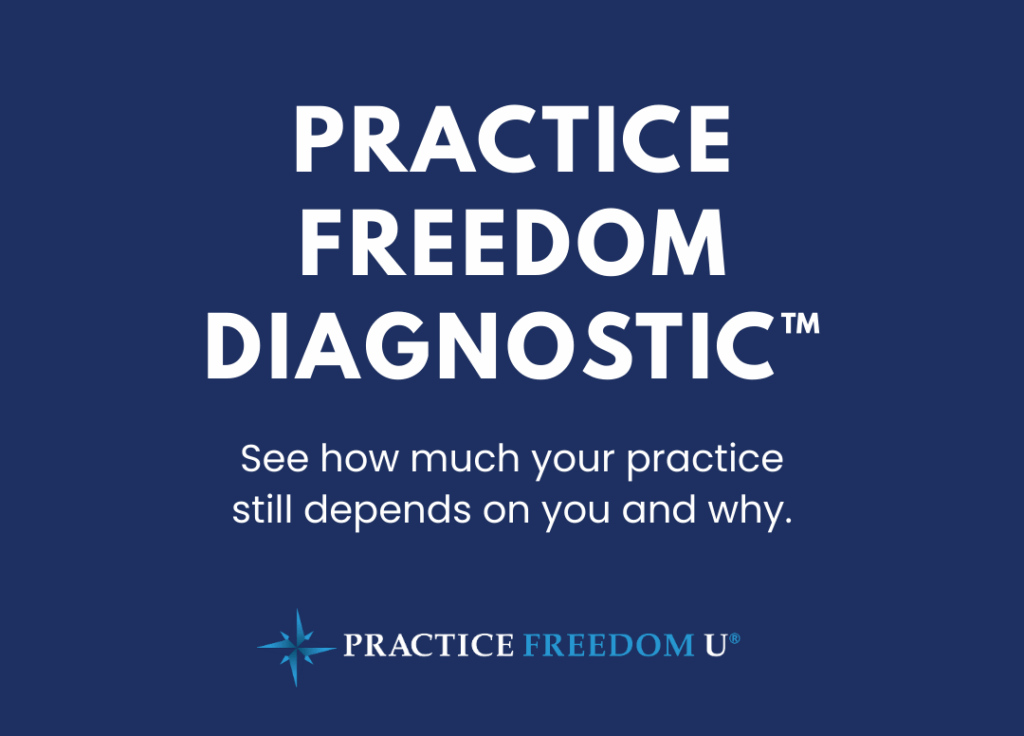As the owner of a private practice, Jane was always looking for ways to improve the quality of care and service her patients received. She was aware that her employees were the key to achieving this goal, but she was having difficulty getting them to work together and maintain a positive work culture.
One day, one of her employees came to her with a complaint about another employee. The employee was upset that the other employee was not willing to see more patients and it was causing her schedule to be overbooked. Jane could see that the employee was genuinely upset and she knew that this was not an isolated incident. She could sense that the employees were not working well together and that there was a negative work culture.
Jane realized that she needed to improve her emotional intelligence to address this problem. She read books and took workshops on emotional intelligence, and learned how to better understand and manage her own emotions, as well as the emotions of her employees.
She then called a meeting with her employees to address the issue. During the meeting, she listened actively to each employee’s concerns, and tried to understand their perspectives. She then shared her own observations and asked for their input on how to improve their teamwork. Jane encouraged them to communicate more effectively, work together to set goals and recognize each other for their contributions.
As a result of this meeting, the employees became more aware of their own emotions and the emotions of their colleagues. They started to work together more effectively and a positive work culture began to develop.
Jane also noticed that her employees were more engaged and motivated to provide the best care and service possible to the patients. This led to improved patient satisfaction and an increase in patient referrals.
Thanks to her improved emotional intelligence, Jane was able to improve the work culture, increase employee engagement and ultimately improve the quality of care and service her patients received. She realized that emotional intelligence is not only important for her patients but also for the success of her practice and the well-being of her employees.
This week, make an effort to learn and understand your emotional intelligence. What are your triggers that set you off or make your jaw tight? Understand how to use these cues to better manage your emotions in and out of the clinic.
————————–
Are you ready for a coach? Join the hundreds of physical therapy owners who are building the practice of their dreams with the support, guidance and direction of a Practice Freedom U Coach. Take the first step towards creating a business that sets you free by scheduling a Discovery Call HERE


